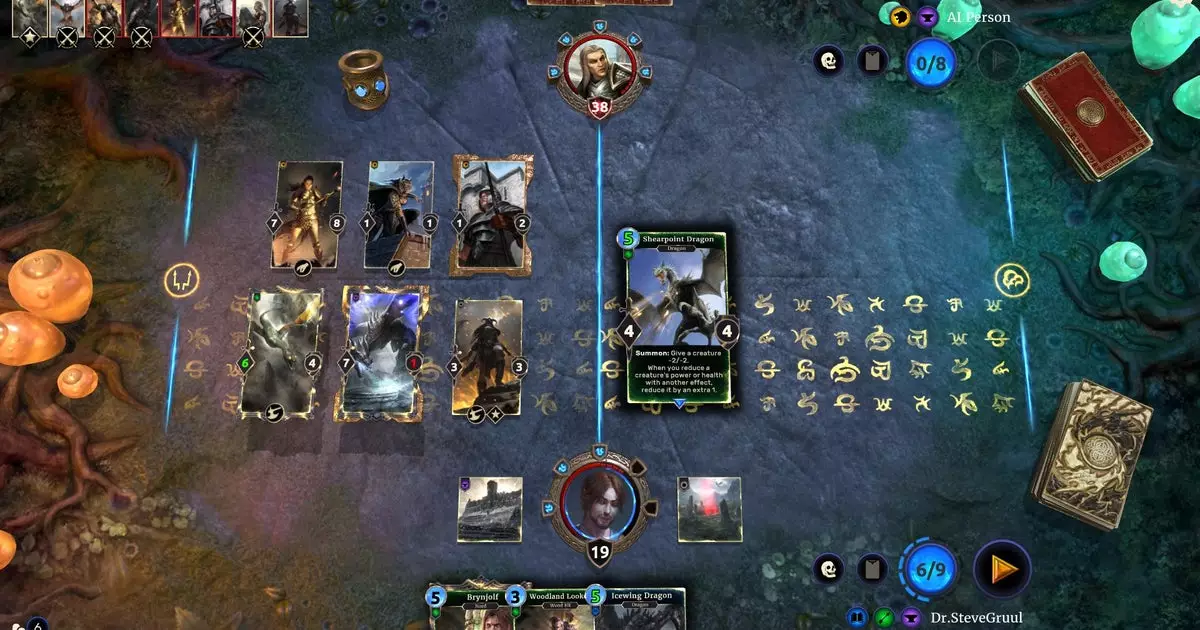The world of gaming often finds itself navigating through the labyrinth of trends, player engagement, and shifting interests. One unfortunate example of this ebb and flow is “The Elder Scrolls: Legends,” a free-to-play card game that has now officially been removed from the Steam platform. Players received the news that the game’s servers will cease operations on January 30, 2025. Despite its rich lore and the fascinating universe of The Elder Scrolls, Legends has found itself facing a shutdown just five years after its last substantial update. This raises significant questions about the sustainability of video games in an era dominated by live services and online experiences.
As the closure date approaches, the game’s Steam page and in-game notifications express gratitude toward players, offering all in-game items for the negligible price of one gold piece. While this gesture might seem generous, it does little to mask the underlying disappointment. With the final shutdown on the horizon, players are left contemplating the fleeting nature of their investments in such digital realms. The message conveys a sense of finality: “Thank you for playing and we hope you have enjoyed your time in Legends.” For a community that had been hopeful for expansions or updates, this feels less like a fond farewell and more like a recognition of impermanence.
Brendy’s earlier analysis of “Legends” pointed out its incremental improvements over “Hearthstone,” particularly praising its innovative rune system. Yet, the excitement generated by these advancements was tragically muted, as it failed to garner a substantial player base. The comparison to “Hearthstone” serves to highlight how easily a game can slip into obscurity, despite promising mechanics. What Legends had going for it in terms of gameplay, it seemingly lacked in community support and visibility, leading to its eventual downfall.
One cannot help but reflect on the broader consequences of such closures on gaming culture. The fate of “The Elder Scrolls: Legends” is emblematic of a troubling trend where live service and free-to-play games are treated as disposable commodities. With no offline mode or mechanisms for preserving legacy content, players are often left shattered as games they invested time and money in vanish without a trace. It poses an important question: Shouldn’t developers prioritize long-term player engagement and the preservation of their creations?
In a landscape as competitive and ever-changing as the gaming world, it is disheartening to witness the demise of titles that had potential. The case of “The Elder Scrolls: Legends” encapsulates the pitfalls faced by online games. It is a poignant reminder that while technology offers remarkable possibilities, it also calls for a sense of responsibility toward the communities that form around these digital experiences. The question lingers: what will become of the countless hours of development poured into games that simply fade away? An industry that treats its digital creations as mere ephemera risks losing a part of its soul, and that is a reality worthy of concern.

